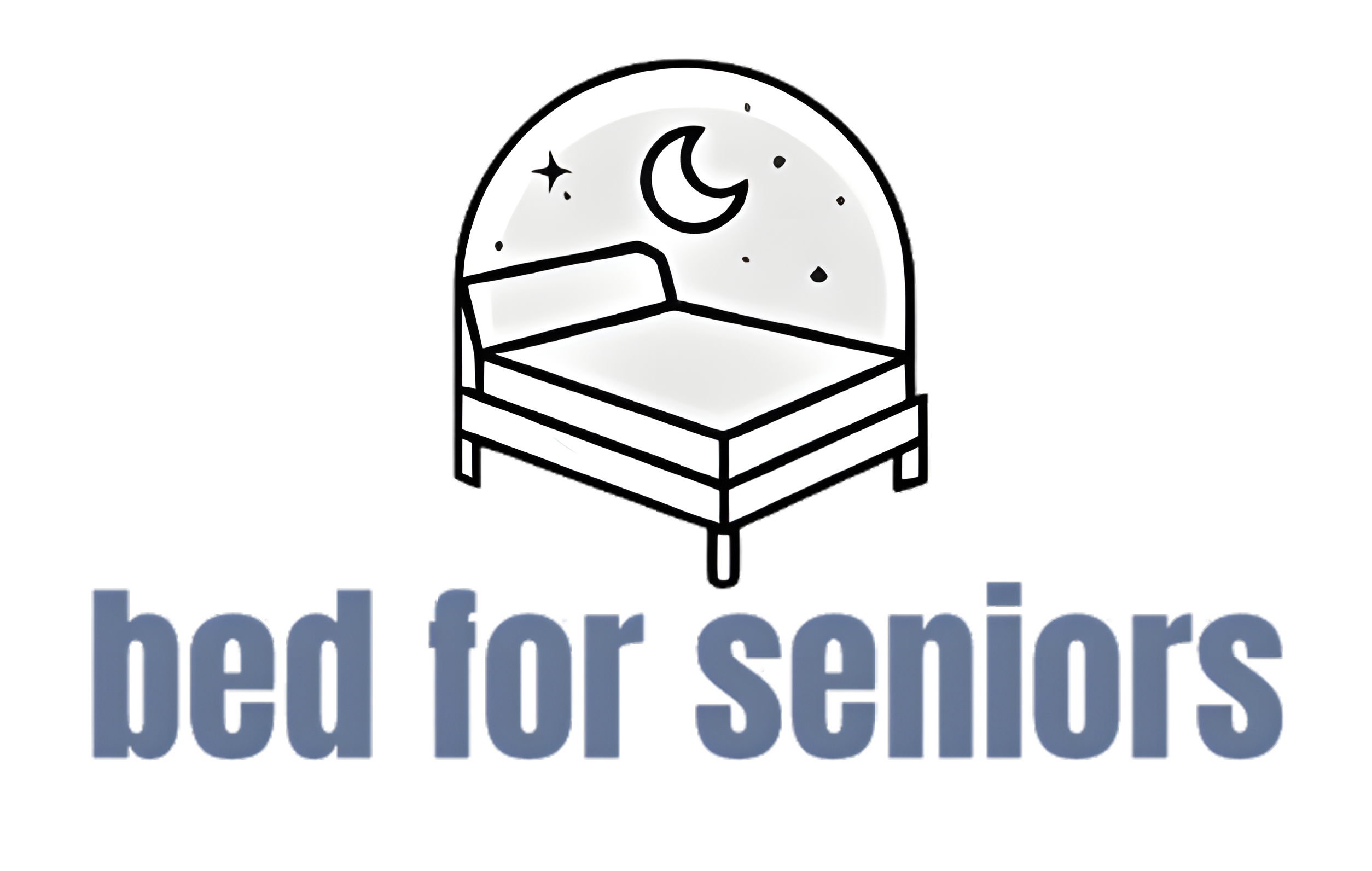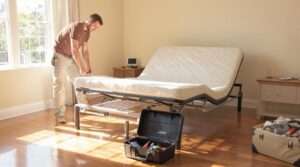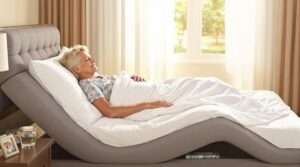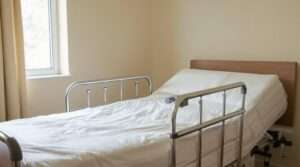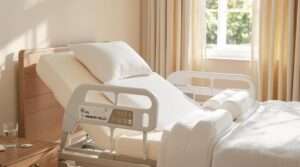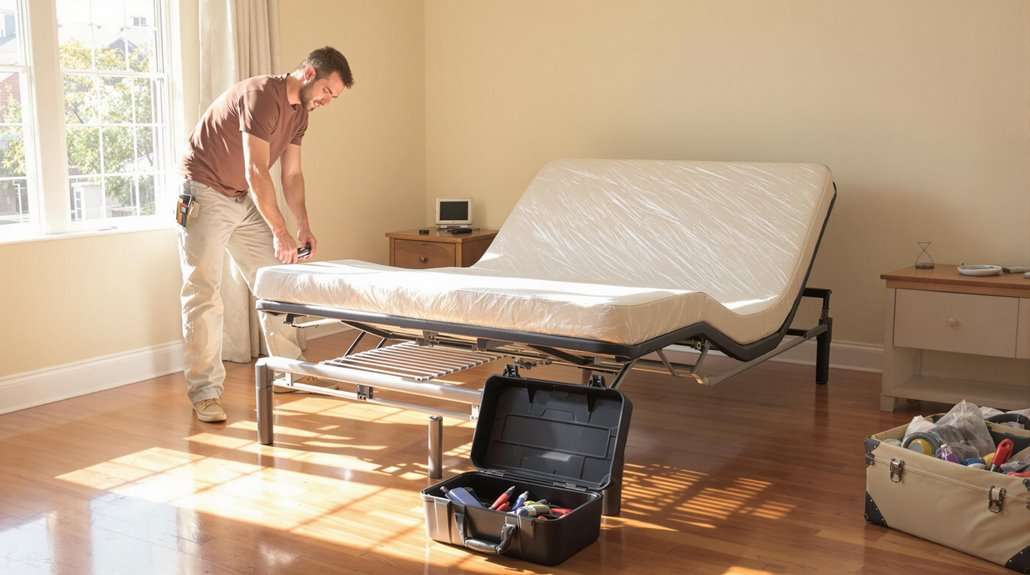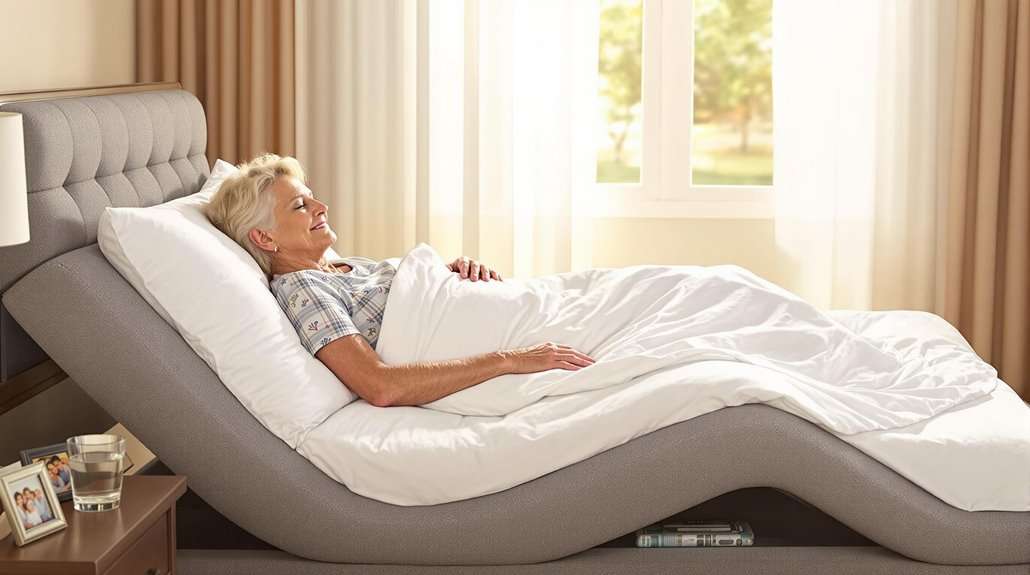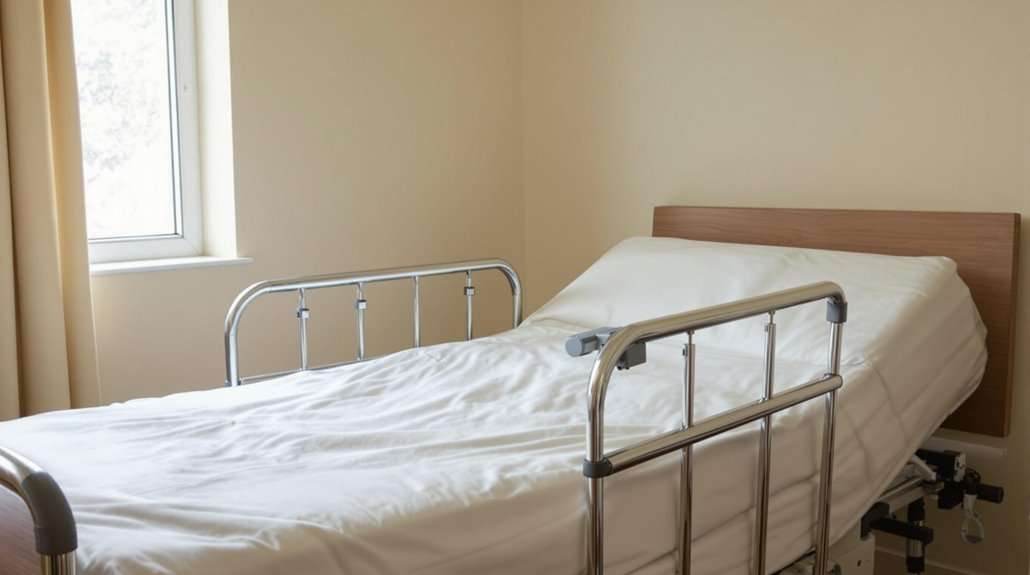A new study has revealed that just two nights of disrupted sleep can make individuals feel significantly older than their actual age. The research, conducted by scientists at Karolinska Institutet in Sweden, sheds light on the profound impact of sleep quality on perceived age[1].
The study involved 429 adults aged 18 to 70 who were subjected to two consecutive nights of partial sleep deprivation. Participants were allowed only four hours of sleep each night, from 2 am to 6 am. Before and after the sleep restriction, they were asked to rate how old they felt[1].
Dr. Leonie Balter, the lead author of the study from the Department of Clinical Neuroscience at Karolinska Institutet, explained the findings: “We found that following sleep loss, people on average felt about 4.4 years older than they did at baseline. This increase in subjective age was especially pronounced among younger and middle-aged adults”[1].
The research team discovered that the impact of sleep deprivation on perceived age was most significant for individuals under 40. In this age group, participants reported feeling an average of 6.8 years older after the two nights of restricted sleep[1].
Dr. Balter emphasized the importance of these findings, stating, “Our study shows that sleep loss makes people feel older, and that this effect is more pronounced in younger adults. This is interesting because we know that younger adults are at particular risk for insufficient sleep”[1].
The study also explored potential factors contributing to this perception of increased age. Researchers found that changes in positive mood partially explained the increase in subjective age following sleep loss[1].
This research adds to a growing body of evidence highlighting the crucial role of sleep in overall health and well-being. Previous studies have linked poor sleep to various health issues, including cognitive decline, cardiovascular problems, and mental health disorders[1].
The findings were published in the scientific journal Proceedings of the Royal Society B: Biological Sciences on March 27, 2025[1].
Citations:
[1] https://www.nhlbi.nih.gov/about/divisions/division-lung-diseases/national-center-sleep-disorders-research
[2] https://my.clevelandclinic.org/health/diagnostics/12131-sleep-study-polysomnography
[3] https://www.camh.ca/en/professionals/treating-conditions-and-disorders/sleep-disorders/sleep-disorders—screening-and-assessment
[4] https://www.sleepfoundation.org/sleep-studies/at-home-sleep-study
[5] https://www.mayoclinic.org/diseases-conditions/sleep-apnea/diagnosis-treatment/drc-20377636
[6] https://www.sleepfoundation.org/sleep-deprivation/interrupted-sleep
